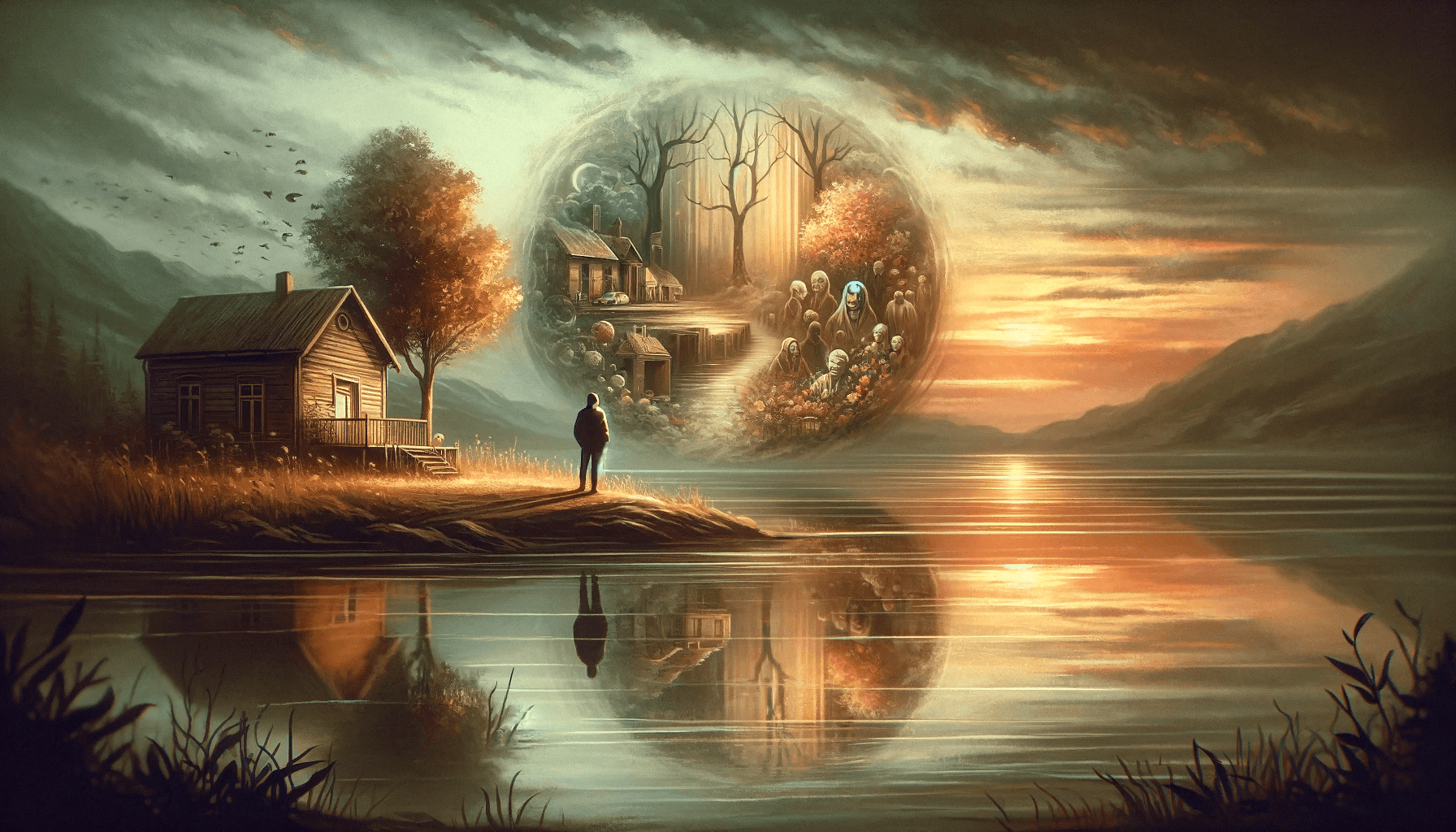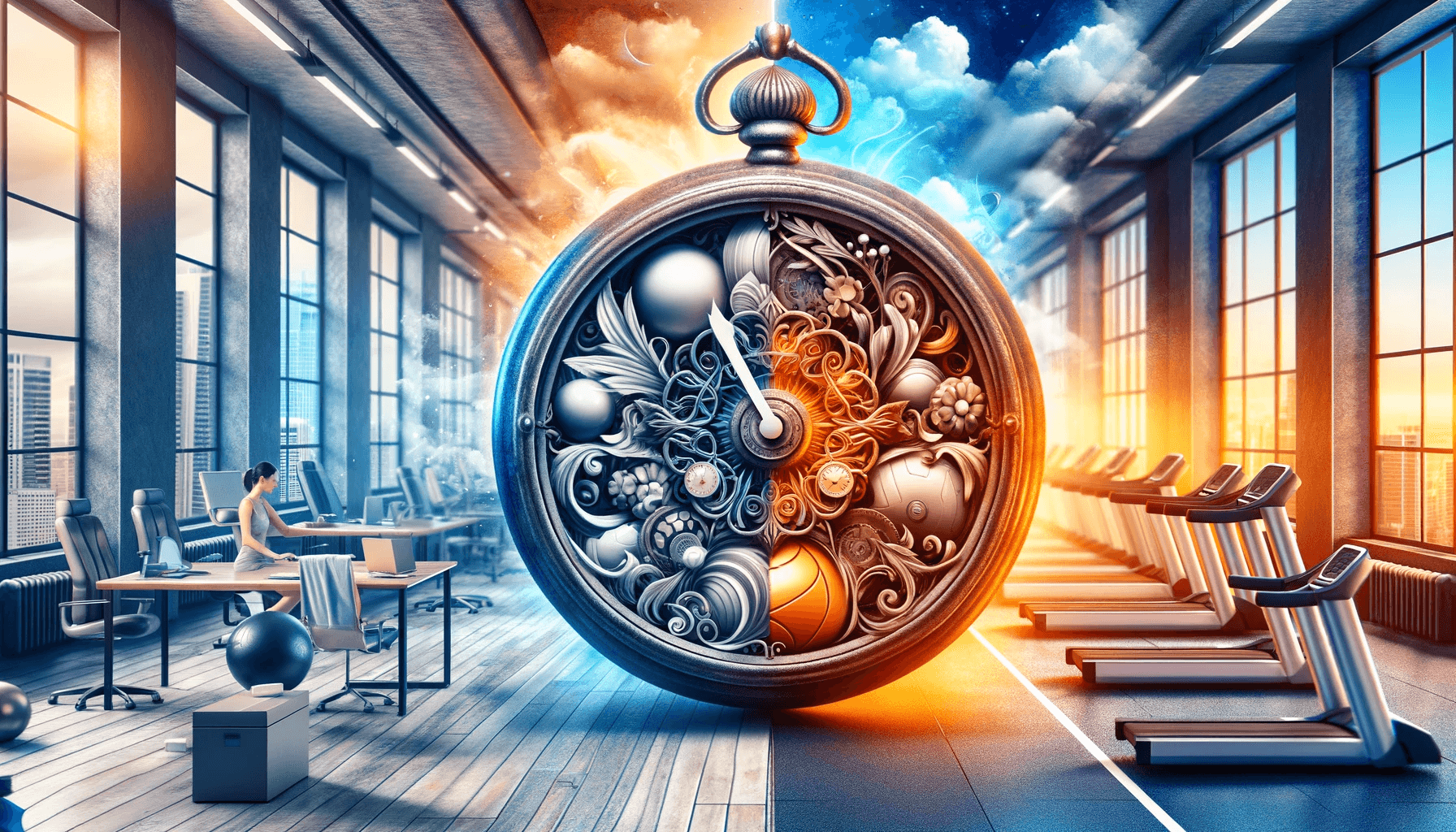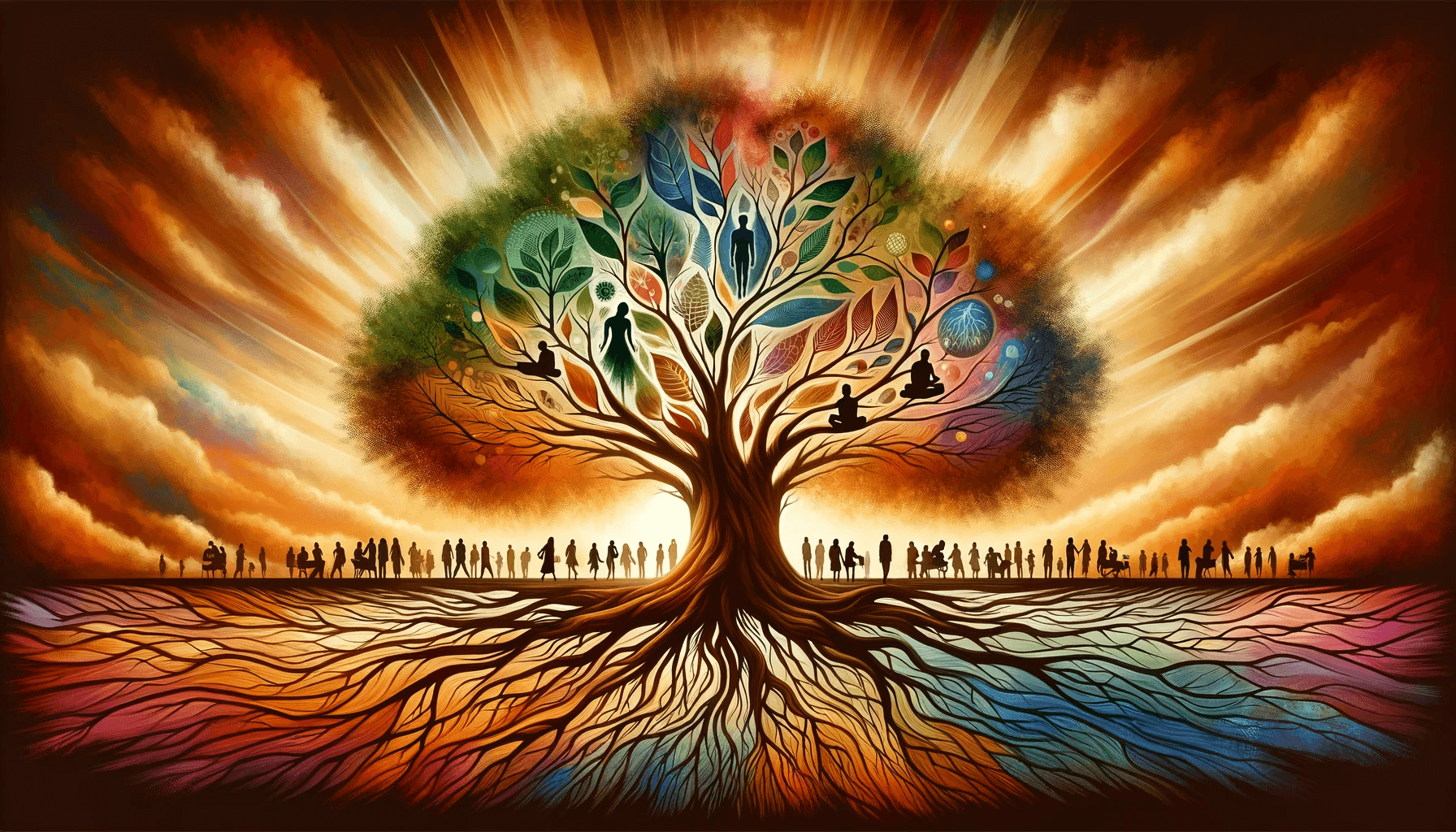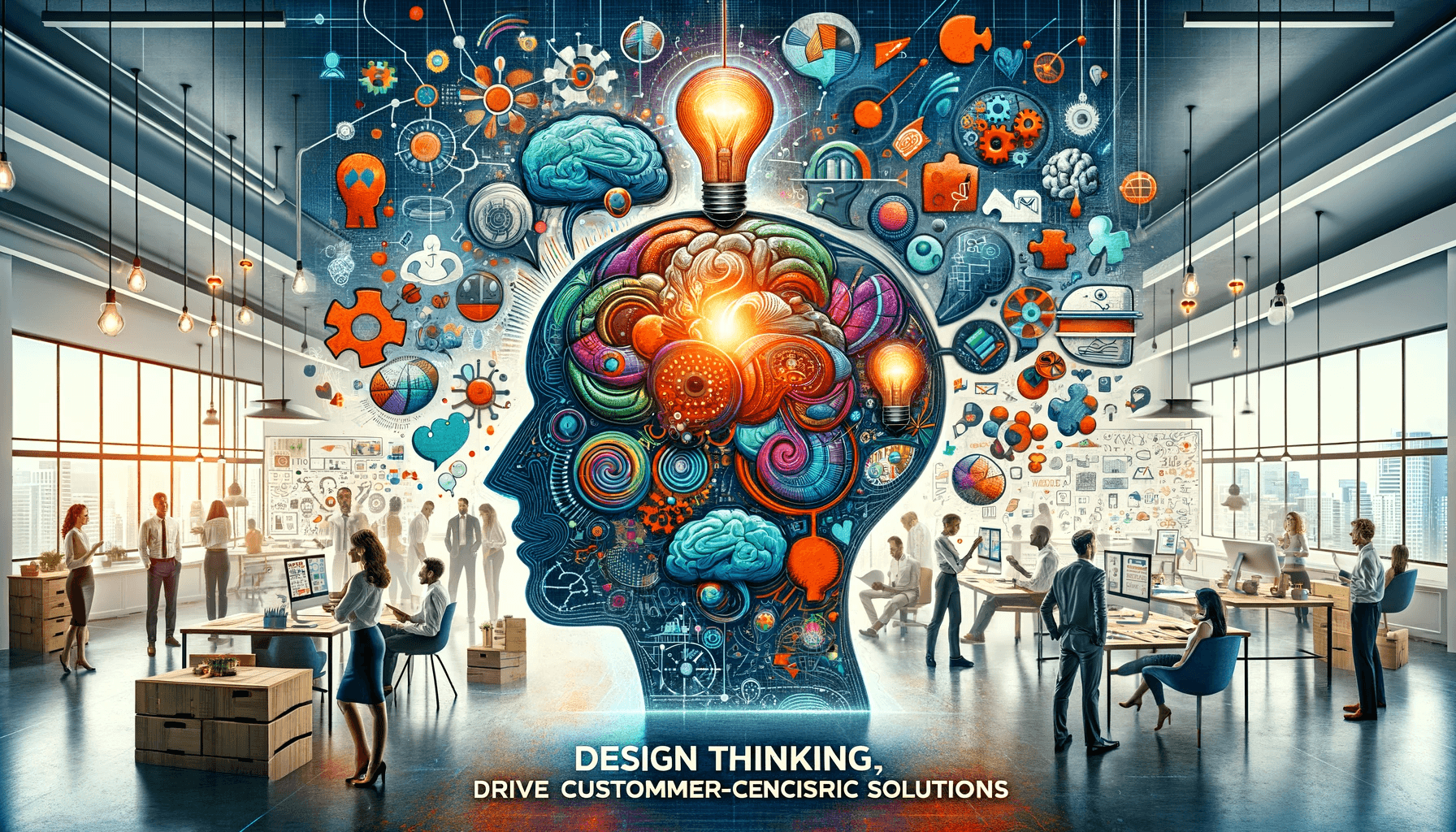Sponsored By Awaken Your Great Self

Table of Contents
What is nostalgia?

Nostalgia is a complex and powerful emotion deeply rooted in our human experience. It is a longing for the past, a sentimental yearning for moments, people, and places that have shaped our lives. Nostalgia often evokes a mix of happiness and sadness, a bittersweet feeling that transports us to a different time and allows us to relive cherished memories. It is a universal emotion that transcends cultural boundaries, as everyone has experienced nostalgia in some form or another.
The psychology of nostalgia

The psychology behind nostalgia is a fascinating field of study. Researchers have discovered that nostalgia serves a unique purpose in our lives. It helps us maintain a sense of continuity and connection to our past selves, providing a framework for understanding our present and future. Nostalgia can enhance our overall well-being by fostering a sense of belonging and meaning.
Studies have shown that nostalgia can boost our mood and increase self-esteem. When we engage in nostalgic reminiscing, we focus on positive experiences and filter out negative ones, leading to a more positive outlook. Nostalgia also strengthens our social bonds, often involving shared memories with loved ones. By reminiscing together, we deepen our connections and reinforce our relationships.
The impact of nostalgia on our emotions

Nostalgia has a profound impact on our emotions. It can evoke many feelings, from joy and happiness to longing and melancholy. When we experience nostalgia, our brain releases a surge of feel-good chemicals, such as dopamine and oxytocin, associated with pleasure and social bonding. These chemicals create a sense of warmth and comfort, temporarily transporting us to a time when life seemed more straightforward and carefree.
However, nostalgia is not always a purely positive emotion. It can also be tinged with sadness or longing for something no longer attainable. This bittersweet aspect of nostalgia is what makes it so compelling. It reminds us of the passage of time and the ephemeral nature of life, prompting us to appreciate the present moment and cherish the memories that have shaped us.
Nostalgia and memory

Nostalgia and memory are deeply intertwined. Our memories are not static, objective records of the past but somewhat subjective and malleable constructs influenced by our emotions and personal experiences. Nostalgia can shape how we remember our past, colouring our memories with a rosy hue and enhancing positive aspects while minimizing negative ones.
Research has shown that nostalgia can improve our memory recall and cognitive function. When we engage in nostalgic reminiscing, our brain becomes more active in the areas associated with memory retrieval and emotional processing. This heightened brain activity can enhance our ability to remember past details and strengthen those memories’ emotional significance.
Why do we feel nostalgic?

There are several reasons why we feel nostalgic. One of the primary triggers of nostalgia is a sense of loss or change. When we experience a significant life transition, such as moving to a new city or graduating from school, we often feel nostalgic for the familiar and comfortable aspects of our previous life. Nostalgia serves as a way to cope with these changes and find solace in the memories that have shaped us.
Another common trigger of nostalgia is exposure to familiar stimuli from our past. Certain smells, sounds, or sights can instantly transport us back and evoke nostalgic emotions. For example, the smell of freshly baked cookies may remind us of our grandmother’s kitchen, or a familiar song may bring back memories of a summer road trip. These sensory triggers can be potent in eliciting nostalgic feelings.
Nostalgia and its role in marketing and advertising

Marketers and advertisers have long recognized the power of nostalgia in influencing consumer behaviour. They can create a deep emotional connection with their audience by tapping into our collective memories and evoking nostalgic emotions. Nostalgic advertising campaigns often rely on imagery, music, or references from the past to trigger feelings of warmth, familiarity, and nostalgia.
Nostalgia can be a powerful persuasion tool because it taps into our desire for connection and belonging. When we see a product or brand that reminds us of our past, we are likelier to feel a sense of trust and affinity toward it. Nostalgic marketing campaigns can also tap into our longing for simpler times or a return to a perceived golden age, creating a sense of nostalgia-driven desire and aspiration.
Nostalgia as a coping mechanism

Nostalgia can also serve as a coping mechanism during stress or adversity. We often turn to the past for comfort and stability when we feel overwhelmed or uncertain about the future. Nostalgic reminiscing can provide a sense of continuity and reassurance, reminding us of our strengths and resilience in the face of challenges.
Research has shown that nostalgia can help alleviate loneliness, anxiety, and depression. By immersing ourselves in happy memories and reliving positive experiences, we can temporarily escape the present pressures and find solace in the past. Nostalgia can provide a much-needed emotional anchor during difficult times, offering hope and optimism for the future.
Nostalgia in pop culture and entertainment

Nostalgia has always played a significant role in pop culture and entertainment. From remakes of classic movies to reunion tours of beloved bands, the entertainment industry thrives on our longing for the past. Nostalgic TV shows, movies, and music evoke a sense of nostalgia by recreating familiar settings, characters, and storylines that resonate with our shared memories.
The popularity of throwback trends, such as vintage fashion or retro-inspired design, is also a testament to the enduring appeal of nostalgia. By embracing elements from the past, we can recreate the feelings of nostalgia and connect with a sense of nostalgia-driven identity. Nostalgia allows us to bridge the gap between generations and find common ground through shared cultural references and experiences.
Embracing nostalgia in our daily lives

While nostalgia is often associated with looking back, it can also profoundly impact our present and future. Embracing nostalgia daily can cultivate a more profound sense of gratitude, connection, and meaning. Here are a few ways to incorporate nostalgia into our daily routines:
- Create a nostalgia playlist: Compile a collection of songs that remind you of happy memories and play it when you need a mood boost or a moment of reflection.
- Keep a nostalgia journal: Write down your favourite memories, experiences, and moments of gratitude. Reflecting on these entries can help you appreciate the present and find joy in the small things.
- Share nostalgic stories: Connect with loved ones by sharing thoughtful stories and reminiscing about shared experiences. This can strengthen your bonds and create new memories together.
- Revisit old hobbies: Take up a hobby or activity that you enjoyed in the past. Whether painting, playing a musical instrument, or gardening, engaging in familiar activities can evoke a sense of nostalgia and bring you joy.
- Explore your roots: Learn more about your family history and cultural heritage. Dive into old photo albums, connect with distant relatives, or visit places that hold significance for your family. Understanding your past can provide a sense of identity and belonging.
Conclusion: The power of nostalgia in shaping our identities

Nostalgia is a powerful and complex emotion that profoundly impacts our lives. It connects us to our past, shapes our present, and influences our future. Understanding the psychology of nostalgia can help us harness its power and use it as a tool for personal growth, emotional well-being, and connection with others.
By embracing nostalgia in our daily lives, we can cultivate a deeper appreciation for the moments and memories that have shaped us. Whether through nostalgic music, shared stories, or revisiting old hobbies, nostalgia allows us to find joy, meaning, and a sense of belonging in the ever-changing tapestry of our lives.
So, take a moment to reflect on your own nostalgic experiences. What memories bring a smile to your face? How can you incorporate nostalgia into your daily routine? Embrace the bittersweet longing and let nostalgia guide you on a journey of self-discovery and connection.




